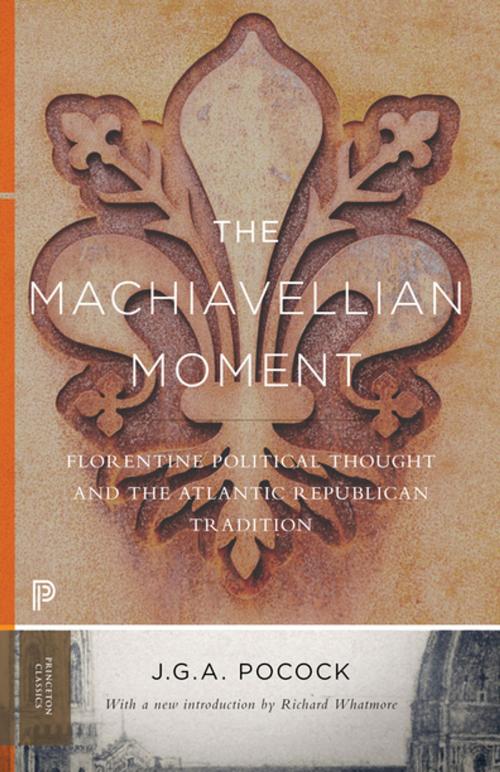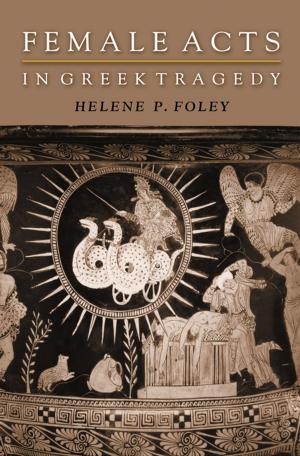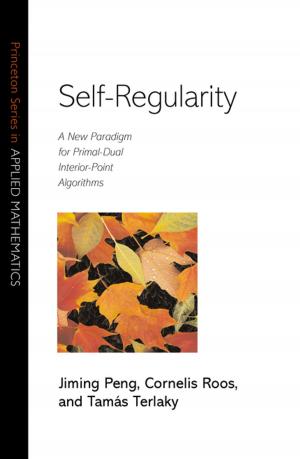The Machiavellian Moment
Florentine Political Thought and the Atlantic Republican Tradition
Nonfiction, Religion & Spirituality, Philosophy, History, Criticism, & Surveys, European General| Author: | John Greville Agard Pocock | ISBN: | 9781400883516 |
| Publisher: | Princeton University Press | Publication: | September 20, 2016 |
| Imprint: | Princeton University Press | Language: | English |
| Author: | John Greville Agard Pocock |
| ISBN: | 9781400883516 |
| Publisher: | Princeton University Press |
| Publication: | September 20, 2016 |
| Imprint: | Princeton University Press |
| Language: | English |
Originally published in 1975, The Machiavellian Moment remains a landmark of historical and political thought. Celebrated historian J.G.A. Pocock looks at the consequences for modern historical and social consciousness arising from the ideal of the classical republic revived by Machiavelli and other thinkers of Renaissance Italy. Pocock shows that Machiavelli's prime emphasis was on the moment in which the republic confronts the problem of its own instability in time, which Pocock calls the "Machiavellian moment."
After examining this problem in the works of Machiavelli, Guicciardini, and Giannotti, Pocock turns to the revival of republican ideology in Puritan England and in Revolutionary and Federalist America. He argues that the American Revolution can be considered the last great act of civic humanism of the Renaissance and he relates the origins of modern historicism to the clash between civic, Christian, and commercial values in eighteenth-century thought.
This Princeton Classics edition of The Machiavellian Moment features a new introduction by Richard Whatmore.
Originally published in 1975, The Machiavellian Moment remains a landmark of historical and political thought. Celebrated historian J.G.A. Pocock looks at the consequences for modern historical and social consciousness arising from the ideal of the classical republic revived by Machiavelli and other thinkers of Renaissance Italy. Pocock shows that Machiavelli's prime emphasis was on the moment in which the republic confronts the problem of its own instability in time, which Pocock calls the "Machiavellian moment."
After examining this problem in the works of Machiavelli, Guicciardini, and Giannotti, Pocock turns to the revival of republican ideology in Puritan England and in Revolutionary and Federalist America. He argues that the American Revolution can be considered the last great act of civic humanism of the Renaissance and he relates the origins of modern historicism to the clash between civic, Christian, and commercial values in eighteenth-century thought.
This Princeton Classics edition of The Machiavellian Moment features a new introduction by Richard Whatmore.















